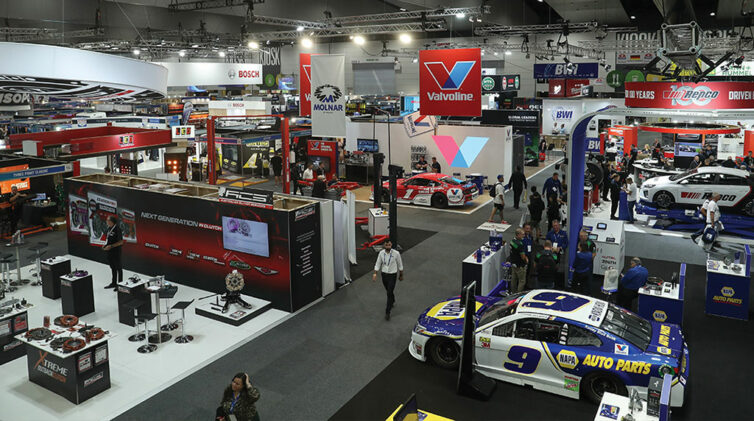In a recent taxpayer alert, the ATO said it has “concerns with some arrangements involving the sale” of vehicles and said they involve “illegitimate car dealers or agents.”
The ATO said these traders are selling luxury cars cheaper than genuine dealers because they avoid paying LCT and receive refunds.
It said that genuine dealers will sell cars with LCT included in the price, but “illegitimate dealers” will get the LCT refunded from the ATO and then on-sell the car without LCT being included or remitted.
Partner at Pitcher Partners Sydney, Steve Bragg said that dealers need to be aware of these schemes and not get caught up in them.
He said that, ultimately, legitimate car dealers “can avoid getting inadvertently caught up in these arrangements by not accepting LCT quotes from purchasers”.
“However, if they have accepted quotes from purchasers, dealers need to consider whether they inadvertently entered a similar arrangement that the ATO has described in its Alert.
“If dealers have any concerns they should:
- seek independent advice as to the legal and tax consequences of any arrangements that are causing concerned , and then
- contact the ATO and make a voluntary disclosure to reduce penalties that may apply.”
The Victorian Automotive Chamber of Commerce (VACC) told GoAutoNews Premium that the ATO has implied some dealers are involved in avoiding paying the LCT.
VACC industry policy advisor Michael McKenna said the ATO should identify and prosecute third-party suppliers or unlicensed people who are not complying with the law.
“The industry is not the problem,” he said. “If a consumer uses a licensed dealer then they are guaranteed that all taxes are collected and passed on to the ATO on their behalf.
“These unlicensed people are obtaining a financial gain by deception and directly or indirectly trying to implicate the dealer. No way – the ATO must focus on the perceived unaccountable aftermarket.
“Dealers have to comply with a tough regime of taxation. It’s time for others to do the same,” he said
The ATO said the avoidance applies to both new and used vehicles.
In the case of a new car, the ATO describes the following method of avoidance:
The Brand Dealer, being aware of compliance shortfalls in the industry, does not accept an Australian business number (ABN) quotation when selling a luxury car to Entity A, resulting in LCT being embedded in the sale price. The Brand Dealer is generally at arm’s length and correctly reports and pays LCT to the Commissioner on its sale of the luxury car.
Entity A claims a decreasing LCT adjustment (resulting in a refund) on the basis that it intended to use, and has only used, the car for a quotable purpose (for example, as trading stock).
Entity A sells the luxury car to Entity B. It is the intention from the outset that Entity B (the missing trader) will not comply with its taxation obligations on its sale of the luxury car.
Entity B has few, if any, assets. It does not report any of its transactions in its tax returns or business activity statements (BAS) and does not pay any taxes to the Commissioner. Entity
B sells the luxury car to an ultimate buyer who may be unaware of any wrongdoing.
The improperly-obtained LCT refund is shared among various parties to the arrangement.
In the case of used cars, the ATO gave the example of a car bought from a seller that is then on-sold via a middle man to a third party. The third party is charged for the sale price and LCT but the middle man does not pass the LCT to the ATO.
It creates an opportunity for the third party to claim an LCT refund from the ATO.
It isn’t only the LCT that can be avoided. The ATO said that these arrangements can also result in luxury cars being sold without income tax and goods and services tax (GST) obligations being met.
The ATO said these practices put car dealers at a competitive disadvantage.
“Cars are sold to end users at more competitive prices, with generally greater profit margins, due to those involved intentionally avoiding their taxation obligations and falsely claiming refunds,” it said.
“These practices undermine the business of compliant car dealers. Entities in the supply chains liquidate to circumvent ATO compliance or recovery action.”
ATO assistant commissioner Tony Poulakis said “illegitimate car dealers may seek to profit from the LCT by facilitating multiple sales of a car between a number of participating entities.”
“It means you might be asked to pay someone for the car that you weren’t dealing with, or pick-up the car from another location,” he said.
“If you are a car dealer, beware that you may be asked to participate in these arrangements by moving cars through your books or asked to claim the LCT back from the ATO in exchange for a commission or fee.
“If you are a promoter of these schemes or arrangements – don’t bother.”
Mr Poulakis said the ATO now reviews every LCT refund claim “and will stop payments and investigate claims that appear higher risk.”
He said that buyers who purchase a car that is part of an arrangement designed to avoid LCT may also be subject to penalties.
“Most Australians believe in a level playing field and feel it’s unfair for others to gain a competitive advantage by intentionally doing the wrong thing.” Mr Poulakis said.
The ATO is asking for people who have entered into an arrangement of this type to contact the office and consider making a voluntary disclosure to reduce potential penalties.
By Neil Dowling
















 Read More: Related articles
Read More: Related articles

